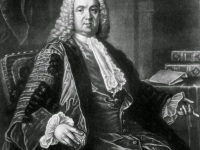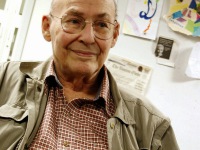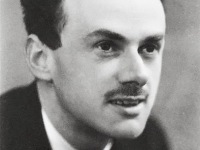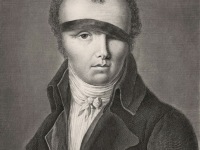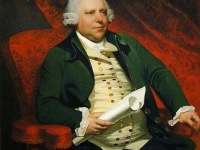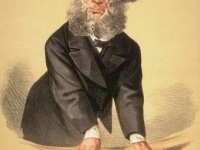Richard Mead and the Understanding of Transmissible Diseases
On August 11, 1673, English physician Richard Mead was born. His work, A Short Discourse concerning Pestilential Contagion, and the Method to be used to prevent it, was of historic importance in the understanding of transmissible diseases. “Those things, which are experienced to be in their whole nature, or in their most remarkable properties, so contrary to animal life, as in a small quantity to prove destructive to it, are called Poisons: whether…
Read more

